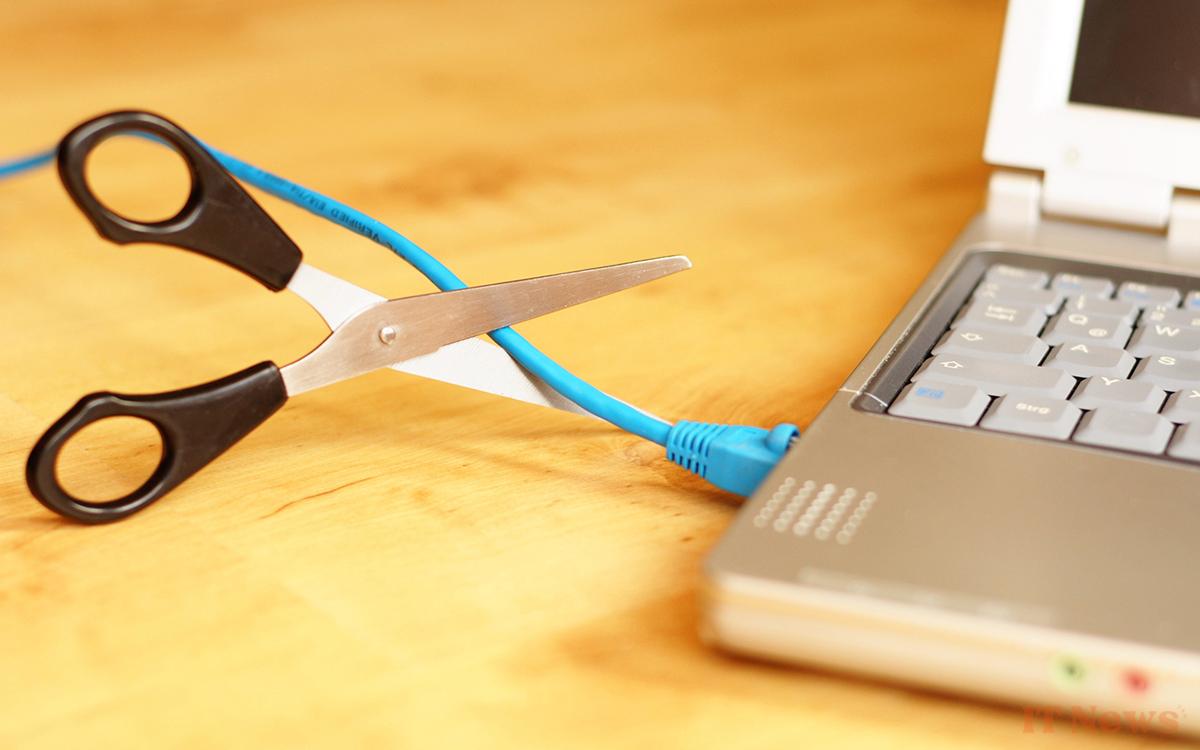EurolISPA, an association of European Internet service providers, warns of an escalation in the blocking of pirate sites. According to her, the methods currently used need to be reviewed.
The war between rights holders and websites illegally offering protected content has clearly escalated. In Europe, the courts in several countries have granted authorizations that some would describe as extreme. Spain is a good example. La Liga, the equivalent of French football's Ligue 1, has been granted the right to block IP addresses with virtually no external oversight. This power has not failed to cause collateral damage, with perfectly legitimate sites and services being taken offline.
It is with this in mind that the EuroISPA, an association of around 3,300 European Internet Service Providers (ISPs), has expressed its concerns about the measures, which it considers "disproportionate." In a document addressed to the European Commission, it recalls that “despite numerous incidents of overblocking, some Member States continue to intensify their efforts and have therefore taken increasingly aggressive measures to extend blocking orders beyond local Internet service providers.”
EuroISPA calls for a change in methods for combating pirate sites
There are many examples of abuses. When the “Piracy Shield” was implemented in Italy, many legal sites became inaccessible for sometimes a dozen hours. Even Google Drive suffered. Regarding Spain, EuroISPA outright accuses LaLiga of having deliberately ignored the possible consequences of its request to the country's justice system. The association doesn't mince its words.
“La Liga obtained the blocking order without informing cloud service providers, while knowingly concealing from the court the foreseeable harm to the general public. This heavy-handed approach not only demonstrates a fundamental misunderstanding of how the internet works, but also violates the principle of network neutrality.” That being said, the organization offers solutions to resolve the escalation.
How can pirate sites be blocked while minimizing the damage?
Despite what their words may suggest, European ISPs want to participate in the fight against piracy. But in another way that is ultimately not rocket science: “EuroISPA believes that collaborative approaches between rights holders and intermediaries are more effective than court rulings […].” In other words, rights holders would be better off approaching ISPs to discuss the measures to be taken rather than taking them to court.
This call for collaboration has already been made several times, and some European countries have responded. For example, Belgium has very clear guidelines on the matter, allowing ISPs to act quickly and in a targeted manner. While waiting for this type of process to become more widespread, the association explains that the European Commission must stop adding additional constraints on ISPs.
“The ultimate goal should be to bring stakeholders together – despite their potentially conflicting commercial interests – to collaborate on finding practical and sustainable solutions to online piracy,” it summarizes. And achieving this must not take too long. EuroISPA insists that urgent action is needed before blocking pirate sites unwittingly leads to dramatic consequences.




0 Comments